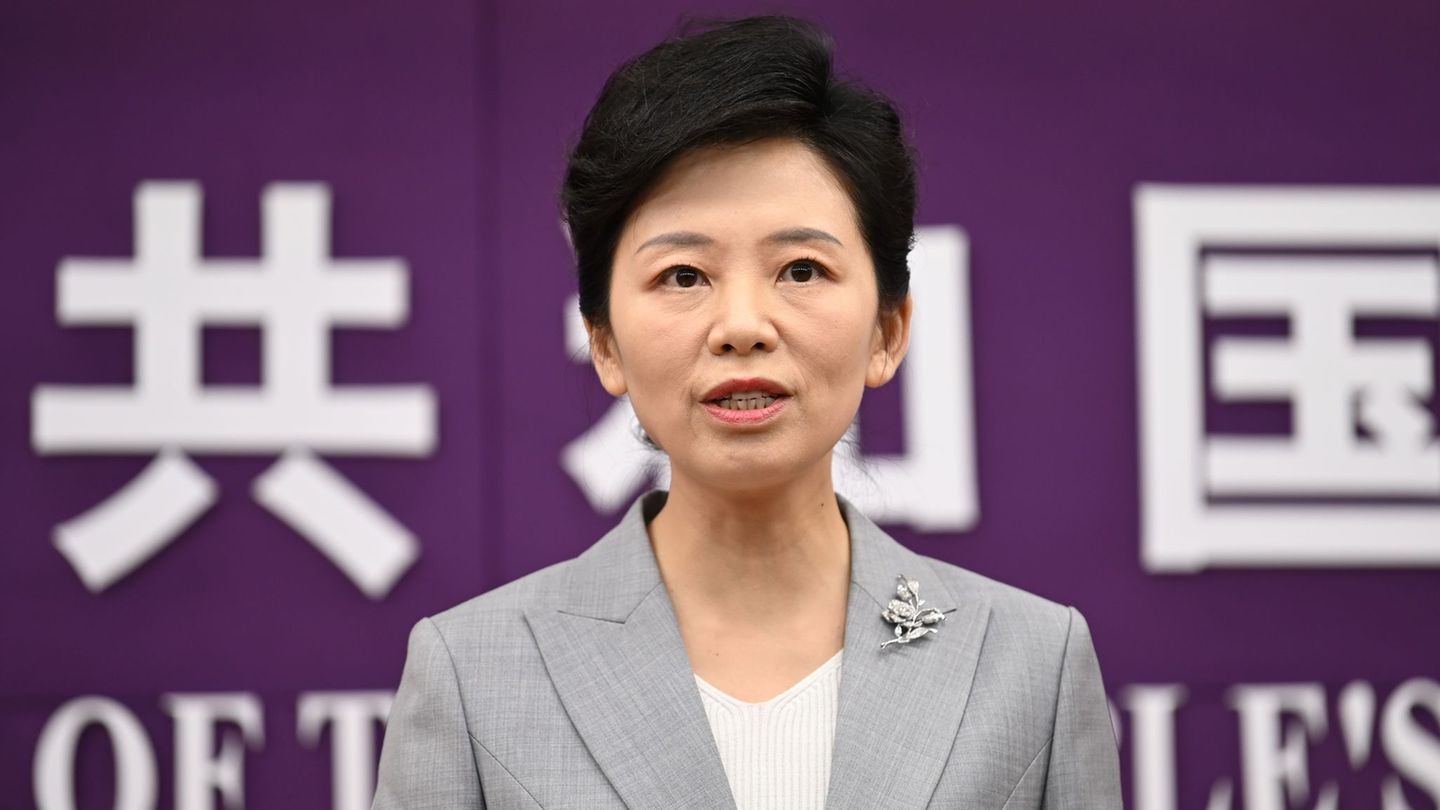The authorization by the Superintendence of Financial Services The BCU was the culmination of a long journey that began two years ago with the idea of creating a solution to the difficulties of access to financing for companies and investment for the retail public; and a long year of procedures to obtain the approval that will finally allow the platform to operate in the country.
“Two years ago we dreamed of revolutionizing personal investments, democratizing the capital market and facilitating access to financing by thousands of companies and startups”, The entrepreneurs officially expressed themselves through the company’s official profile, and assured that “to do this we had to be the first to develop a regulated and authorized collective financing platform.”
Today, the company faces a new challenge: growing crowdfunding in Uruguay and become a solution for access to investment and financing for companies and institutions. With the recent achievement and new goals on the table, Guillermo Rodríguez, lawyer and one of the founders of the company, spoke with Ambit about Crowder.
—How did the idea of Crowder come about and what was the development process until obtaining authorization from the BCU and becoming the first collective financing platform in the country?
Since my profession as a lawyer, I have always been involved in the ecosystem of universities, innovation centers and startups in Uruguay, and there I noticed that the main problem that these organizations had was the issue of financing and financial information. There were very few options for what the retail public was in terms of investment, and in operational terms, those options are not very accessible or have an entry barrier, whether due to knowledge, investment amount, intermediaries, etc.
During that period I met again Nicolás Fornasari, who is an economist and today co-founder of Crowder, and had worked in the capital markets and had converted to technology. He gave me the idea of creating a collective financing platform that would leverage ventures and, at the same time, allow the retail public access to be able to invest in them.
The task was not easy: the BCU had regulated the matter very recently and I realized that in reality the platform was a small digital stock exchange. With this idea, the team grew with the other two co-founders, Rodrigo Alvarez and Nicolás Rodríguez, and the partners Andres Piccardo and Mateo Infantozzi. We started working on a prototype of the platform and made Crowder’s first investment round, which was completed in early 2023 for $210,000 — where several industry investors joined; and we face the regulatory challenge of authorization.
CR3.jpeg
Guillermo Rodríguez is one of the founders of Crowder, the first collective financing platform in Uruguay.
Courtesy Crowder
— What advantages and disadvantages did you find in terms of regulation and technological development in Uruguay?
The regulation in Uruguay It turned out to be demanding, as it put us on par with the standards of sophisticated financial institutions. Likewise, the BCU showed impressive openness and super professional work.
Also, something that stands out a lot is the institutionality of Uruguay and that is something that we always put as a strong point of the project.
From the technological point of view, today there is an important support policy, Uruguay It has become an innovation hub for Latin America, there is support both from the private sector and, above all, at the government level. The National Development Agency (ANDE) developed us with seed capital, and now in 2024 we are also going to apply to the National Research and Innovation Agency (ANII).
There is a very important critical mass of talent in technology and also the necessary support, this is a very prosperous place to start a business, in that sense. and the fusion of innovation with a robust regulatory framework and a country that is financially well is a great advantage for us.
—What is the business approach you are giving Crowder?
In addition to creating a viable business, we sought to make it also attractive, adapting the traditional crowdfunding model not only to Uruguay but also to Latin America, where there is a market for SMEs and companies that is enormous and whose market for access to financing and debt is hyper underdeveloped.
We have to start aiming for public offering issues are also companies, that debt is issued through negotiable obligations. Today there is a matrix of stockbrokers, also in the region there are many regional firms that have a presence in Uruguay and that they have a retail audience behind them, who are eager to find investment options with local emissions.
Targeting the corporate sector is where we are going, we want to professionalize the platform with stock brokers and retail investors, in a primary market and a Secondary market, also generating greater liquidity.
Our current model is focused on companies. I don’t like to talk about crowdfunding, for example, because it is a term that is very closely associated with platforms that are donation and reward, when what we propose has to do with investments and expectation profit and profit. But we must also demystify that this is only for startups when there is a very large market of SMEs. We aim to make an alternative tool to bank financing and private financing rounds.
— With the authorization in hand, what are the expectations for Crowder, both locally and in terms of regional expansion?
Locally, we expect a positive reception, especially among the retail public. The investment community in Uruguay has shown interest and support. We also focus on the institutional sector, establishing connections with brokers and investment advisors. According to the regional expansion, we look at neighboring countries like Argentina and Paraguay, where we see opportunities to develop as another player in the financial market.
On the other hand, this year we have a investment round open in which we are looking for $500,000. We are trying to close it mainly with institutional actors and then start operating at the end of March, beginning of April.
Source: Ambito




